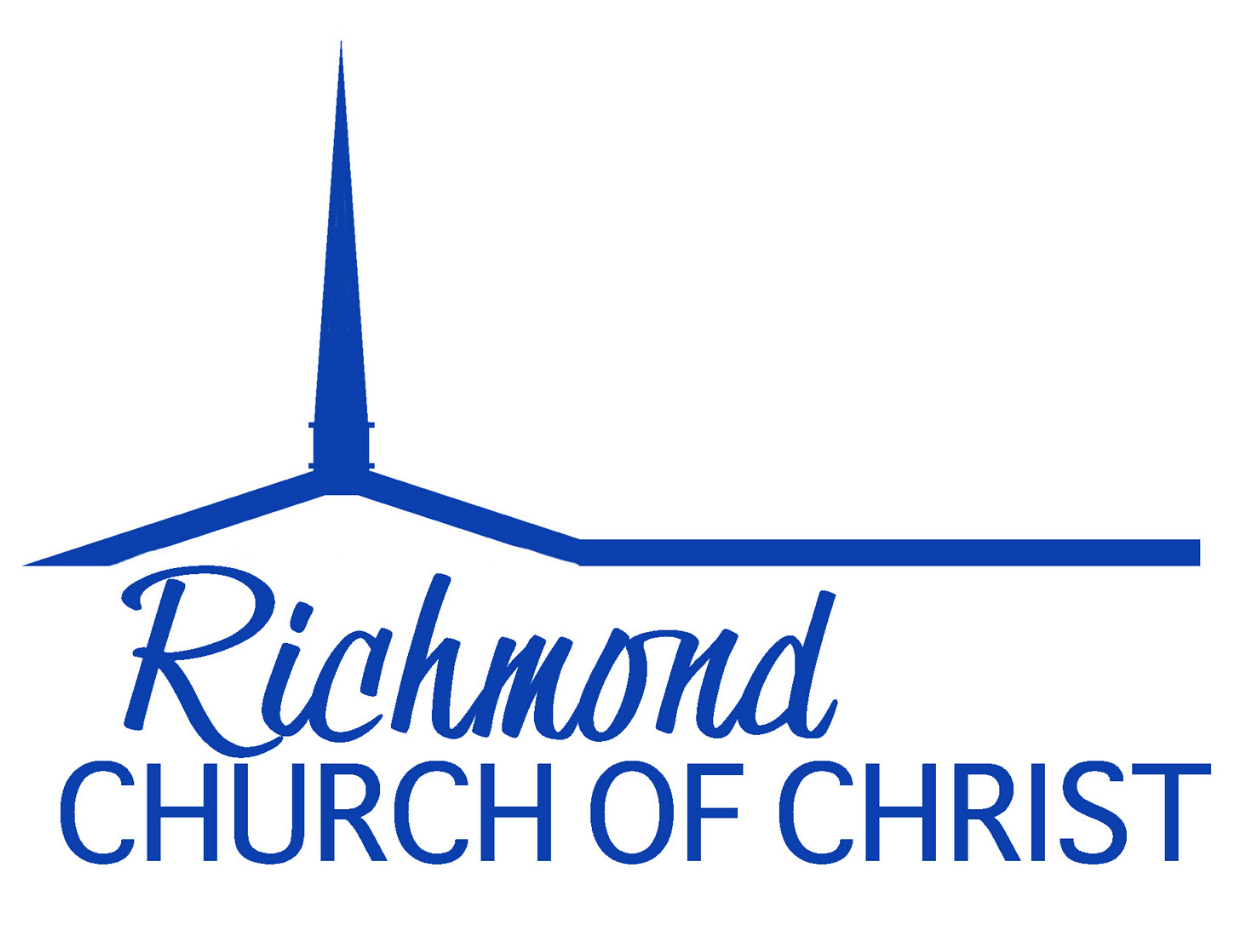
So Many Bibles!
There are so many different kinds of Bibles, which one should I use? Which version is the best or most accurate? As with many questions in life, there isn't a simple answer. There probably isn't one version of the Bible which is particularly better than the others. It generally makes more sense to use several good versions rather than relying on just one. Why is this so? The languages that the original Bible documents were written in were Hebrew, Greek and Aramaic. So, unless you are fluent in all three of these ancient languages, you are going to rely upon a translation. Each Bible translation has its strengths and weaknesses. When you casually read the Bible, any well respected translation will do. When you need to intensely study some passage or topic, you will probably find it insightful to see how several different translations read.
Respected English Language Versions
English Standard Version (ESV) — This translation was prompted in the early 1990s because of the need for a new literal translation by scholars. The translation committee sought and received permission to use the 1971 edition of the RSV as the English textual basis for the ESV. This is one of the newest and a well respected version.
King James Version (KJV) — Translated in 1611 by 47 scholars. In spite of its age, this is still a very good Bible translation. For hundreds of years it was the version of choice in the English speaking world. The 1769 edition is the one popularly in use today. Its Elizabethan style Old English is difficult for modern readers. This is still a good translation for those who can handle the Old English.
New King James Version (NKJV) — Translated in 1982 by 130 translators. This is a revision of the King James version updated to modern English with minor translation corrections and retention of traditional phraseology. If you really like the style of the KJV but don't want to get tripped up with the Old English words, this version may be for you. This is a very good and well respected version.
New American Standard Bible (NASB) — Translated in 1971 by 58 scholars with the most recent edition released in 1995. The NASB has been widely embraced as the most literally accurate English translation from the original languages. While it may not be as fluid on the tongue or sound as poetic as the KJV or NKJV, it is a very accurate and reliable translation.
New International Version (NIV) — Translated in 1978 by over 100 translators. This version is very easy to read and often makes difficult passages easier to understand. This may come at the expense of accuracy. The NIV does not attempt a literal word-for-word translation, but instead seeks to translate the message of the original language. This means there is the danger the translators may not have fully or accurately understood that message. Therefore, they may have rendered passages incorrectly. Overall it is a good version, but be aware of its weaknesses.
There are many other versions but the four mentioned above are more than adequate for any serious Bible student. Which version should you use? Why not use all the ones you can get your hands on? It's often very helpful and insightful to be able to compare the way a passage is rendered by the various translations.
Beware of paraphrased versions
There are several Bibles which are not really translations at all but are paraphrased renderings of other Bibles. These versions make no attempt at actually translating from the original languages but merely interpret the text of other translations. Such "interpretive" versions may or may not reflect the thoughts that the original languages conveyed. Two examples of interpretive or paraphrased Bibles are "The Living Bible" and "The Message". These are popular Bibles, but should never be relied upon as a study Bible. They should always be compared to scholarly and well respected translations such as the ones mentioned above.
Not just on paper any more
In addition to traditional paper copies of the Bible, many excellent Bible programs are available for use on your computer. Most of these programs have the popular English versions available. Perhaps the most impressive "electronic Bibles" are available on portable devices such as smart phones and tablets. With the Bible reader applications that are available for these devices, you can literally carry a stack of Bibles in your pocket!
Never before has there been such a wide array of Bibles and Bible study materials available for Christians. Make the most of it!
